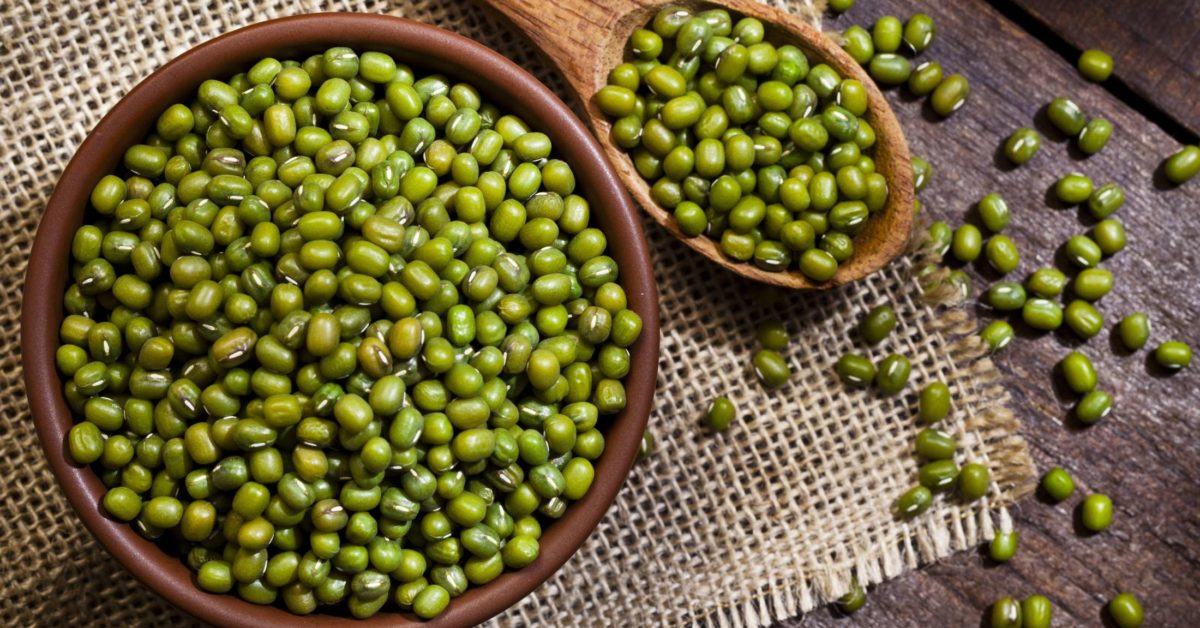The nutritional power of mung bean sprouts cannot be overstated. They provide a variety of health benefits due to their high content of vitamins, minerals, and antioxidants.
How can you incorporate mung bean sprouts into your diet, and what are they exactly? To learn more.
Introduction:
Mung bean sprouts have been used for more than 4000 years, according to researchers. Asian countries have long considered it a popular food item due to its high nutritional.
content, which includes protein, vitamin C, potassium, and folic acid. It contains a high level of fiber and is a good source of vitamins, minerals, and dietary fiber.
What are mung bean sprouts?
Small, green sprouts produced by the mung bean plant are known as mung bean sprouts. It is an Asian legume that is small, green, and native to the region. It is common to find mung bean sprouts in stir-fries, soups, and salads in Asian cuisine.
Among the many vitamins and minerals found in mung bean sprouts are vitamins A, C, and K, as well as folate. As well as being a good source of fiber and protein, they are also a good source of iron. There are few calories and fat in mung bean sprouts, making them a healthy addition to any diet.
Nutritional value of Mung bean sprouts.
Vitamins and minerals found in mung bean sprouts include vitamin C, vitamin K, copper, and manganese. As well as being high in fiber and protein, they are also high in calories. The low calories and fat in mung bean sprouts make them a healthy addition to any diet.
Nutritional Benefits of Mung bean sprouts.
A healthy diet should include mung bean sprouts. Their low calorie and fat content, along with their high protein, fiber, vitamins, and minerals, makes them a nutritious food. Sprouts of mung bean are particularly rich in vitamins A, C, and K, as well as iron, calcium, magnesium, and potassium.
The nutritional powerhouse of mung bean sprouts is their high content of vitamins and minerals.
Their fiber, vitamins, and minerals make them an excellent source of nutrition. There are only a few sprouts that contain vitamins A, C, and K, as well as folate, manganese, and potassium. As well as being a good source of protein, they are also an excellent source of antioxidants.
Uses of mung bean sprouts:
Adding mung bean sprouts to salads, sandwiches, or stir-fries adds a crunchy, fresh, and nutritious dimension to the dish. It is also possible to cook them and serve them as a side dish. You can add more vegetables to your diet by eating mung bean sprouts, whether raw or cooked.
An excellent addition to any weight-loss diet is mung bean sprouts, which are low in calories and high in fiber. As they have a low glycemic index, they are also a good choice for individuals with diabetes. Moreover, mung bean sprouts are an excellent source of probiotics, which can aid in maintaining a healthy digestive system.
Top Health Benefits of Mung bean sprouts
The benefits of mung bean sprouts are numerous and include their powerhouse of nutrients.
- They are a good source of vitamins, minerals, antioxidants, and phytonutrients, as well as protein and fiber.
- It has been demonstrated that mung bean sprouts are capable of boosting immunity, improving digestive health, and reducing the risk of chronic diseases such as heart disease, cancer, and diabetes.
- The sprouts of mung beans are also low in calories and may assist in the management of weight.
- Vitamins, minerals, and antioxidants can be found in mung bean sprouts. Moreover, they are a good source of protein and low in calories and fat.
- It is also beneficial to consume mung bean sprouts for their high fiber content.
- The health benefits of mung bean sprouts are numerous. It is possible that they can assist in improving digestion, lowering cholesterol levels, and regulating blood sugar levels.
- Besides boosting the immune system and protecting against cancer, they can also help boost the body’s metabolism.
Conclusion:
The nutritional benefits of mung bean sprouts cannot be overstated. As well as being high in vitamins and minerals, they are also high in fiber and antioxidants.
Vitamins and minerals contained in mung bean sprouts include vitamin A, vitamin B1, vitamin B2, vitamin B6, vitamin B12, vitamin C, vitamin D, vitamin E, vitamin K, copper, iron, manganese, phosphorus, potassium, selenium, and zinc.
Aside from being rich in antioxidants, mung bean sprouts also contain beta-carotene, which the human body can convert into a vitamin.
Lutein is another antioxidant present in mung bean sprouts. It is believed that mung bean sprouts contain both soluble and insoluble fiber, which is beneficial for lowering cholesterol levels.
Heart disease can be prevented by eating mung bean sprouts. As a natural flavonoid, rutin found in mung bean sprouts helps strengthen capillary walls.

